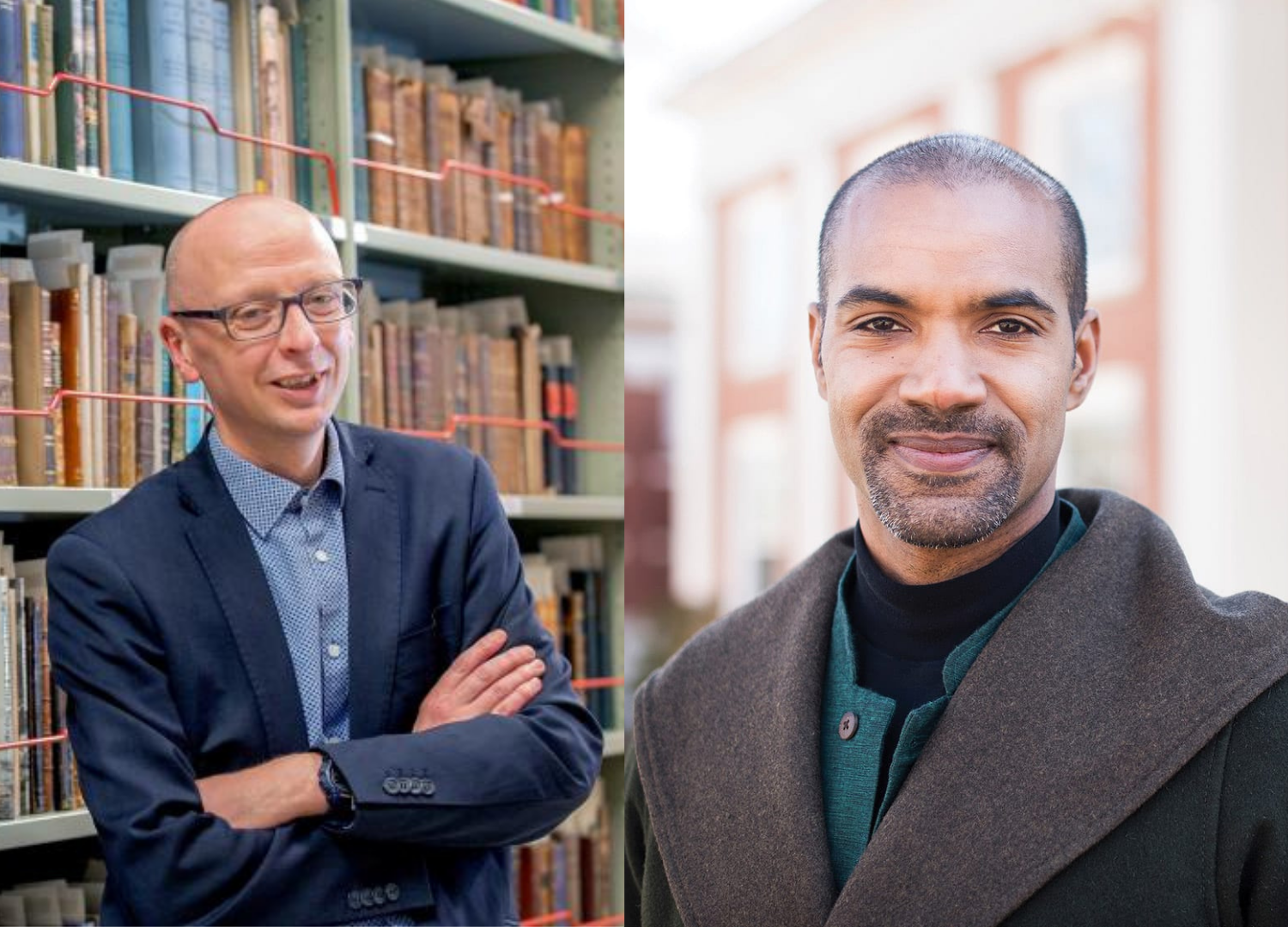Global Histories of Colonialism, the two-day virtual workshop organized by the Global History Initiative at Queen’s University in Kingston, Ontario, Canada, concluded on Saturday, November 6th, 2020. The workshop featured a series of panels in which scholars from around the world explored the relationship between colonial, imperial, and global history through discussions of their work. In addition to workshop panels, the event featured two keynote speakers, Dr. Tony Ballantyne from the University of Otago and Dr. Kris Manjapra of Tufts University.
Dr. Tony Ballantyne concluded the first day with a keynote lecture entitled "Scale and Connection: Thinking about the Global History of Empires and Colonialism from the Pacific", presented in conjunction with the Matariki Network’s Lecture Series.
In his keynote address, Dr. Ballantyne argues that British imperial history as a field of study experienced four stages of evolution post-World War II and provides evidence of historiographical works to distinguish these stages. Dr. Ballantyne explains that the first stage emerged soon after World War II and was characterized by the work of Ronald Robinson and Jack Gallagher, who focused on the political and economic aspects of colonialism.
The second stage of academic research on British imperial history occurred in the 1980s and early 1990s. This was a transitional phase that brought about extensions of the arguments made by Robinson and Gallagher. However, the second stage also saw the emergence of two additional frameworks – feminist history and social history– that were used to critique and analyze colonial structure.
In the 1990s and early 2000s, the third phase occurred. This phase focused on the culture of empire through an intersectional lens that emphasized the impacts of race and gender.
The fourth and final stage takes us to the present, in which scholars consider questions about place, structure, and connections when thinking about colonialism.
Dr. Ballantyne also discusses the development of scholarly work on colonialism in the Pacific, bringing in his own work on scale and connection in the Pacific, where he emphasizes the importance of considering human mobility and activity, connections, and networks when studying colonialism in a global context.
Dr. Kris Manjapra ended the two-day academic workshop with his lecture "Colonialism in Global Perspective". Drawing from his recent book, Colonialism in Global Perspective, Dr. Manjapra argues:
“[c]olonialism and colonial power [are] in some ways the story of a failure because decolonizing impulses and decolonizing force simply always return; they are as structural to our history as is the colonial force that is seeking to rule.”
He explains that new colonialism, which began in the Spanish Americas in the 1400s, is the story of how racial capitalism has pushed profit maximization deeper and deeper into the realm of life, at the expense of human life. Dr. Manjapra also credits counter-histories of response and resistance as being inextricable to histories of colonialism.
Dr. Manjapra offers an engraved desk from the British colonial period in New England as an example of material counter-colonialism. This desk, designed to be used by a Christian preacher, was engraved by Indigenous artisans and features carvings made to look like deerskin and deer hooves. Dr. Manjapra argues that by weaving their culture into a European object, the colonized break form and are speaking back to the colonizers, contributing to histories of counter-colonial resistance.
Dr. Manjapra concludes his keynote by bringing the discussion back to the present. He proclaims that there are three major ways in which decolonizing practices are emerging in the 21st century: (1) abolition struggles, (2) sovereignty movements and assertions, and (3) people's democracy movements. He then uses these three categories to pose the question: “How do we begin to more accurately grasp how different kinds of decolonizing practices characterize this moment [and] how do we grasp them as being inter-related?”
Both keynote lectures can be viewed on the Department of History’s YouTube Channel.

Dr. Ballantyne is a Professor of History at the University of Otago, the Director of the Center of Research on Colonial Studies at the University of Otago, and is a fellow of the Royal Society of New Zealand. His research focuses on the cultural history of the British Empire and the development of colonial knowledge. He recently published Entanglements of Empire: Missionaries, Māori, and the Question of the Body to widespread acclaim.
Dr. Manjapra is the Chair of the Department of Studies of Race Colonialism and Diaspora at Tufts University, where he also serves as a professor in the Department of History. He is a scholar of comparative global history, and his work focuses on the critical study of race, colonialism, and diasporas.

